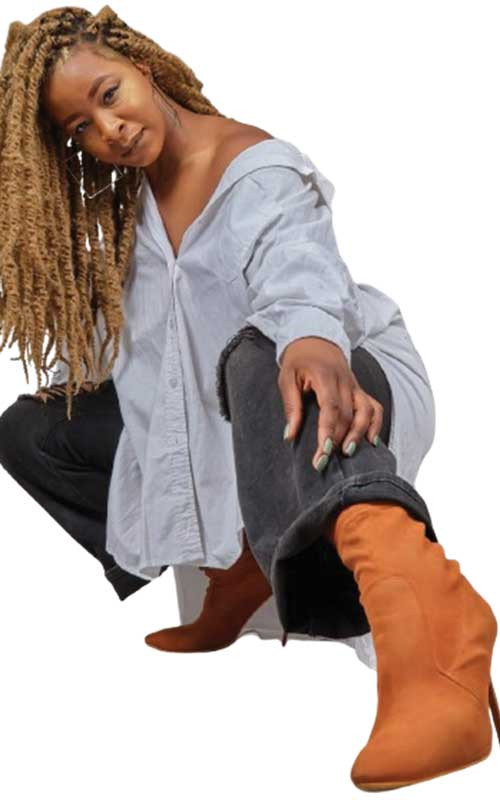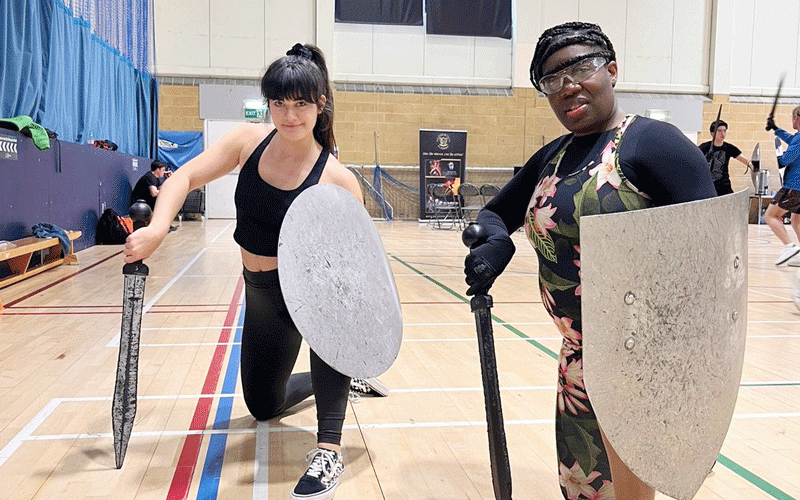
DEBORAH Kabongo, a female dancer and choreographer, says as an African female dancer who is fighting the stigmatisation centered around her profession daily, she strongly relates to Chimamanda Ngozi Adichie's assertion that "Women should be allowed to have a broad range of what they can be, who they can be and how they can present themselves without losing their femininity"
Kabongo said one of the key factors that contributed to her success as a female dancer in the industry is the use of the 10,000 hour rule.
The 10,000-hour rule is a concept popularised by Malcolm Gladwell in his book "Outliers". It suggests that a minimum of 10,000 hours of deliberate practice is necessary to become an expert in any field.
“Putting in the time will yield the results, and I have been dancing most of my life with close to two decades of professional experience. Working hard combined with working smart are the key factors to success. Understanding when and how to put in effort as well as taking time out in order to avoid burnout”.
Kabongo said some of the challenges she has faced as a female dancer are that women have been underrepresented in higher-ranking positions, especially in choreographer and artistic director roles.
“It being a male-dominated industry where male dancers are praised and female dancers are more likely referred to as "loose women" has seen most women shy away from fully exploring the art, leading to the imbalance in those higher roles. The 10,000 hours that l aforementioned has definitely worked as I continue to build my profile and the brand that is me ,”said kabongo.
Kabongo said her sister Miriam Tamiriraishe Kabongo introduced her to dancing and has been a pillar of support throughout her whole journey.
“Dance is a sport and also a form of healing therapy, hence it works both as fitness and free therapy for me”, she said.
- Dudula: 2 years later and I hate being a South African
- Unique dance building couples’ romance
- Unique dance building couples’ romance
- Choreographer in sanitary pads fundraiser
Keep Reading
Kabongo said she recently graduated with an Honours Degree in Sports Science and Management and her thesis focused on using dance biomechanics for performance enhancement.
“My passion for dance has evolved further through transferring sports medicine, biomechanics, nutrition, psychology and other sport science fields into dance, allowing for a healthy physique and mental stability. However, we all have bad days here and there in this circle of life and it's important to allow all types of feelings to freely move through the body accordingly,"she said.
The dancer said one of her memorable experiences that stood out during her career was that she recently had the honour of working with the amazing Nigerian musician Omah Lay when he was in Zimbabwe. She also had the opportunity to share the stage with the likes of Kinjaz, the official royal family crew (Shanghai, China, 2019).
Kabongo said winning the Nama as the outstanding female dancer was a confirmation of the path that Jesus Christ has called to, and walking in his will is all that matters.
“This was my first time submitting my work; I received two nominations (Outstanding Dance Choreographer and Outstanding Female Dancer) and managed to scoop one, and I know that's on God,” she said.
Kabongo said having stage fright is normal. Having nerves means that one cares about the outcome and how it will make people feel, and I also still have passion burning inside of me," she added.
“The moment we lose the stage fright, it's as if the driving fuel to be great has run out, and I'm almost taking advantage of the gift I've been given”.
She believes that the world is evolving and that more people are gaining better knowledge and understanding of dance and inclusivity towards female dancers.











